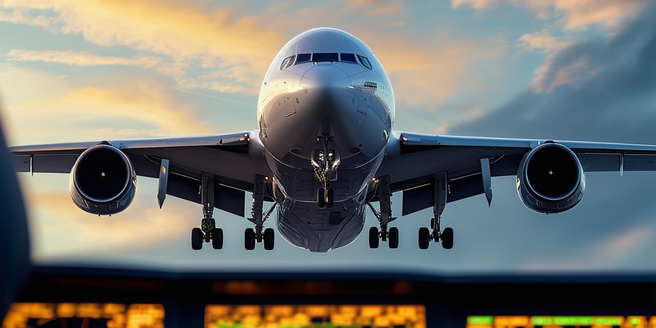
Investigating the Framework of International Aviation Laws
International laws offer a robust legal framework for global aviation. These laws, formed under the aegis of the International Civil Aviation Organization (ICAO), set standard procedures ensuring safety, efficiency, and regularity in international air transport. Among these standards are measures for air-crew training and certification, crucial for maintaining a high level of competence. Furthermore, these standards ensure equality and fairness in international air transport by setting regulations that must be respected by all airlines worldwide. The framework covers varied aspects including aircraft operation, air traffic control, passenger rights, and responsibilities towards the environment. Strict adherence to these regulations is mandated for all airline operators to ensure smooth coordination in the shared global airspace.
How Airlines are Held Accountable Under these Laws
Global aviation operates under a rigorous international law framework that ensures all airlines adhere to strict regulations. Rigorous enforcement – through oversight, constant auditing, and comprehensive inspections – maintains these aviation rules. Discrepancies detected during audits can trigger immediate investigations and may result in penalties for airlines, from fines to the revocation of operating licenses, depending on the issue’s severity. This is not necessarily to punish but to encourage strict regulations’ adherence and enhance aviation safety, thus safeguarding lives and ensuring trust in airlines.
Case Studies: When Airlines Violated International Laws
The annals of aviation history are filled with numerous instances where airlines have violated international laws, painting a clear picture of the potential dire consequences. One stark example is the recent crashes involving the Boeing 737 Max airplane models, revealing grave procedural oversights and significant regulatory violations by involved authorities. These oversights led to a universal grounding of the model, a historically significant event which led to a worldwide impact with flights being called off to maintain safety. The violations incurred heavy penalties for the manufacturer, Boeing, serving as a harsh illustration of the severe consequences of non-compliance. In summary, aviation history and cases like the Boeing 737 Max crashes emphasize the importance of law and protocol adherence in the industry, highlighting the drastic effects that non-compliance can have on human life and organizational reputation.
Consequences for Airlines Failing International Laws Compliance
Ignoring international aviation regulations can lead to severe consequences for airlines, including not only financial penalties, but also the potential revocation of operating licenses which interrupts operations and invites significant losses. Moreover, airlines risk damaging their reputation as violations of international laws can generate negative publicity that decreases passenger numbers and revenue. Violations can also cause concern in the stock market, leading to reduced share prices as investor trust wanes, and potential large-scale financial pay-outs to affected passengers, adding to the companies’ financial strain. In conclusion, compliance with international law is not only ethically right but also ensures the survival, stability, and profitability of airline companies.
Future Outlook: Amendments in International Airline Regulations
The aviation industry, continuously adjusting to advancements, requires a dynamic regulatory framework to match its pace. As the industry grows and changes, so too must the laws governing it, especially in the light of modern challenges like cybersecurity threats, drone integration and green aviation development. These developments necessitate a reevaluation and adjustment of international aviation laws for complete coverage and to further the industry’s accountability. This understanding is shared by aviation authorities worldwide, who are actively engaged in shaping necessary regulatory amendments, intending to shape a regulatory framework adaptable to the industry’s progression and future resilience. Moreover, these changes will enhance the industry’s capacity to manage emerging issues with greater confidence and efficiency. Thus, the ongoing evolution of the aviation industry and its regulatory environment are interlinked, each one shaping the other in a balance of progression.
